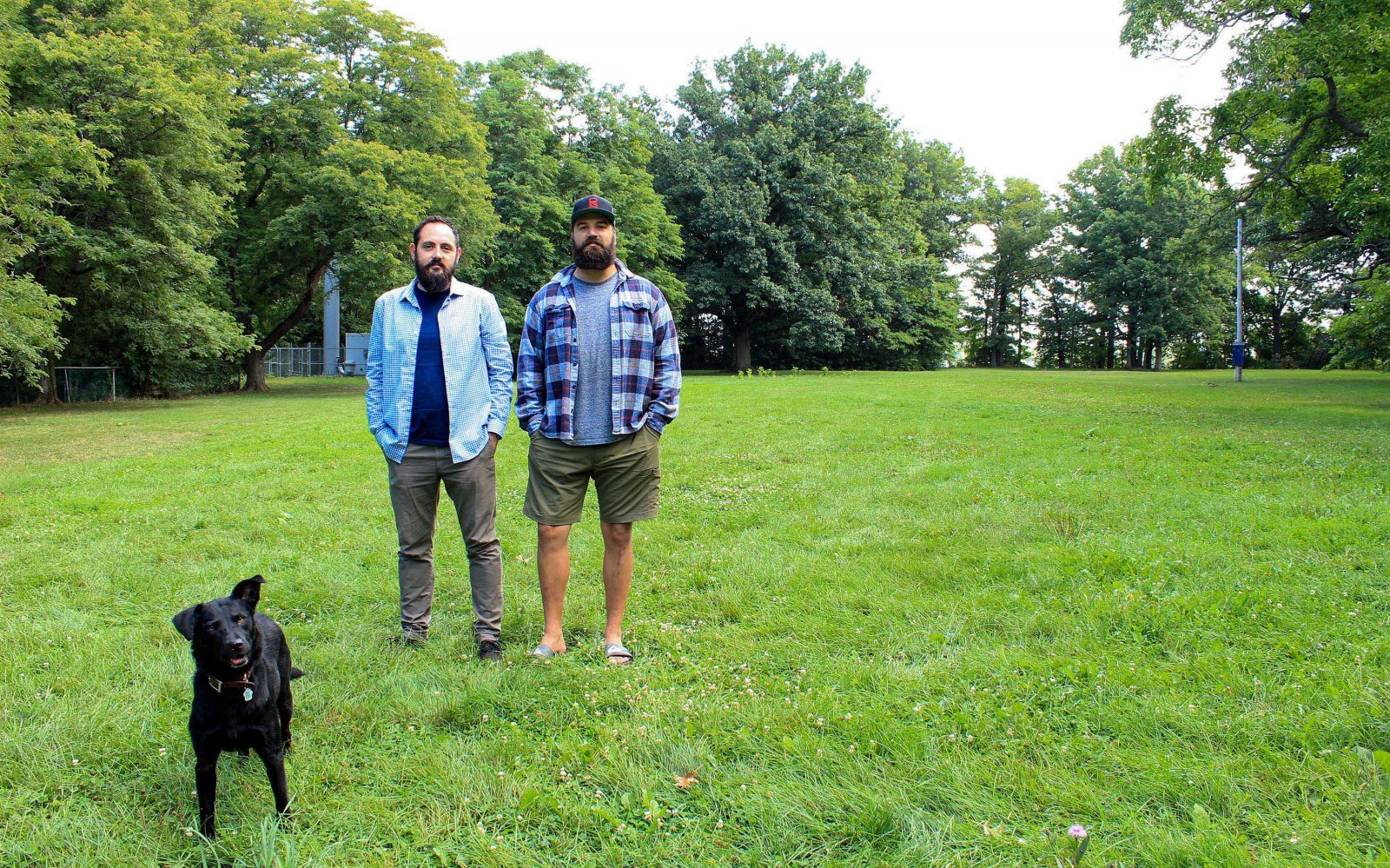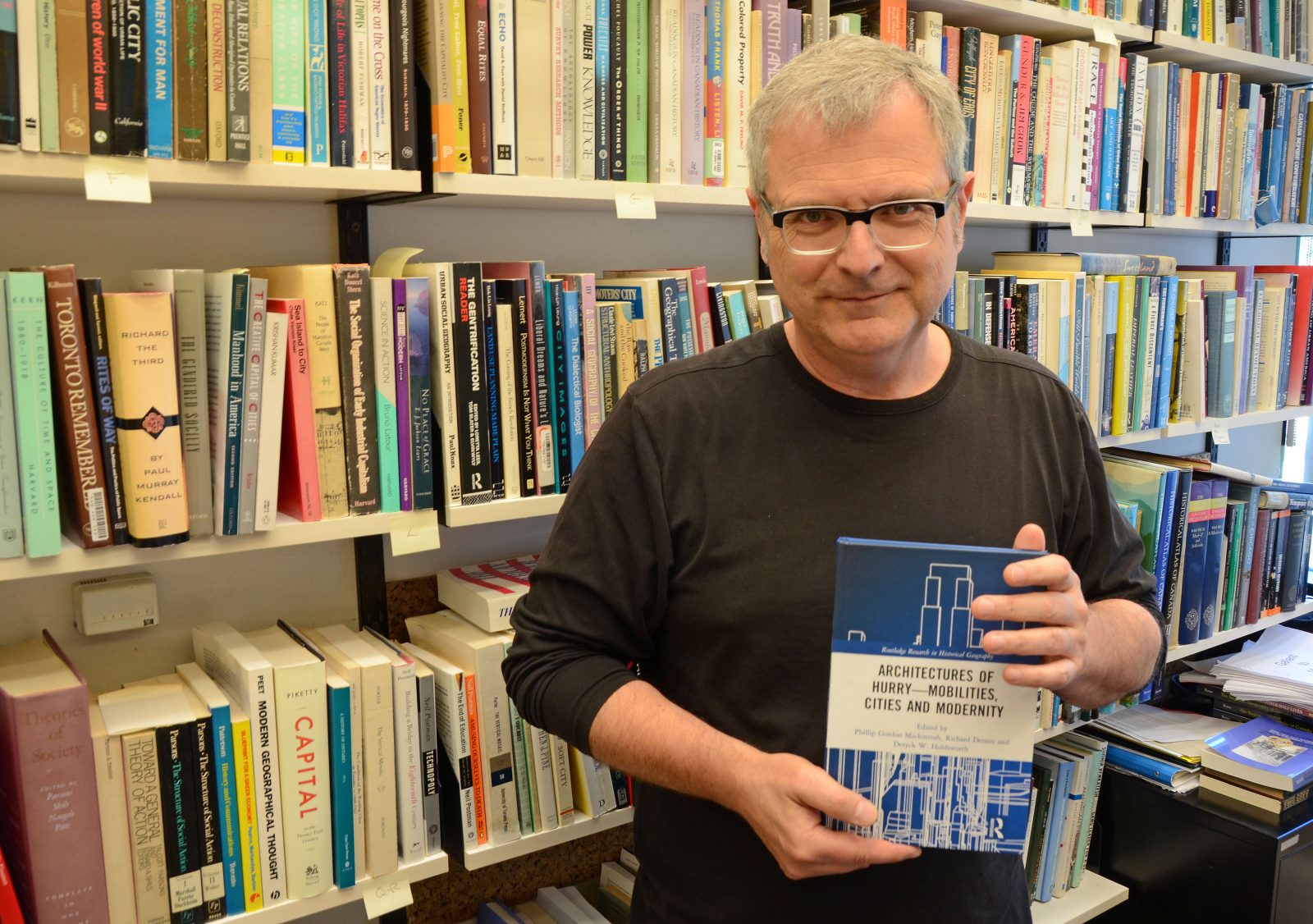 Phillip Mackintosh’s Newspaper City: Toronto’s Street Surfaces and the Liberal Press, 1860-1935 has been nominated for a Heritage Toronto book award for Historical Writing.
Phillip Mackintosh’s Newspaper City: Toronto’s Street Surfaces and the Liberal Press, 1860-1935 has been nominated for a Heritage Toronto book award for Historical Writing.
Newspaper City tells the story of how the Toronto Globe and Toronto Daily Star campaigned for surface infrastructure improvements as liberal editors saw this as the leading expression of modern urbanity. This book traces the opinions expressed in news articles over 75 years to understand the conflict between newspaper editors and property owners who resisted paying for infrastructure improvements.
Winners will be announced at the 2018 Heritage Toronto Awards Ceremony on Monday, October 29, 2018.












